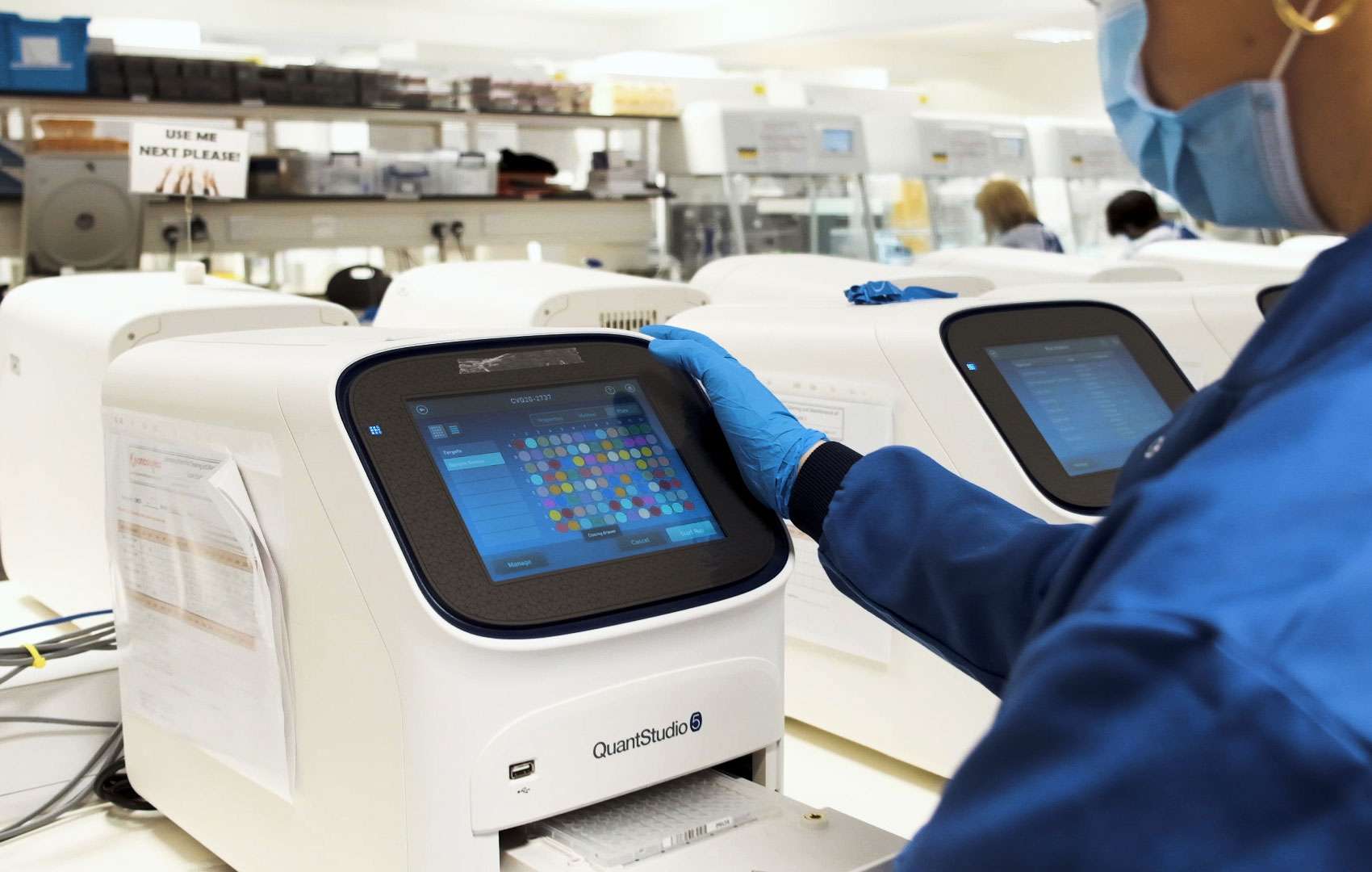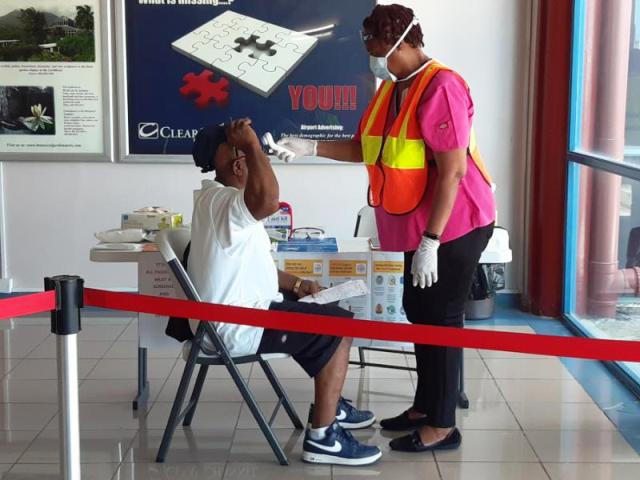Basseterre, St. Kitts and Nevis – The Ministry of Health remains steadfast in its commitment to providing high-quality, accessible healthcare services to the people of St. Kitts and Nevis. While we welcome constructive feedback that aids in the enhancement of our health sector, it is regrettable that some recent reports continue to misrepresent facts, casting a negative light on what should be recognized as significant national achievements.
One of the most reliable indicators of a nation’s healthcare strength is its ability to safeguard the lives of its youngest and most vulnerable citizens. St. Kitts and Nevis has already met the 2030 United Nations Sustainable Development Goals (UN SDGs) for child survival, an achievement that speaks volumes about the quality of maternal and pediatric care available in our health facilities.
This success is largely due to the dedicated work of healthcare professionals in Community Health Centers (CHCs)and private medical offices, as well as lifesaving pediatric interventions made possible through partnerships with the Pediatric Assistance League (PALS) and the Prime Minister’s Children Medical Fund. These efforts ensure that children requiring critical medical attention receive the care they need, whether locally or abroad.
Like any modern healthcare system, St. Kitts and Nevis faces periods of increased demand, particularly in hospital emergency rooms— a reality in every well-utilized hospital worldwide. However, our hospitals are not routinely overwhelmed, and systems are in place to ensure that urgent and emergent cases are prioritized for immediate care.
Similarly, inpatient wards experience increased occupancy from time to time, often due to delays in the collection of discharged patients. Challenges such as elder abandonment, which place additional strain on facilities like the Cardin Home, require a collaborative societal response to ensure that all members of the community receive appropriate care and support.
When the current administration assumed responsibility for healthcare in August 2022, it faced a number of pressing operational challenges, including:
- Significant financial burdens, including over $2 million in unpaid invoices, with associated threats to the supply chain
- A backlog of lawsuits
- Critical equipment shortages affecting diagnostic and surgical services
- Unaddressed maintenance issues, such as unmaintained generators and leaking roofs
- Underutilized personnel and doctors placed on the STEP program
Despite these inherited difficulties, substantial progress has been made. By August 2024, most of these major concerns had been addressed, allowing for renewed focus on sustained improvements in service delivery, infrastructure, and operational efficiency.
The Ministry of Health is unwavering in its pursuit of continuous improvement in:
- Advancing clinical skills and professional development
- Enhancing customer service standards
- Modernizing healthcare infrastructure and maintenance practices
- Strengthening supply chain resilience
- Integrating technology to improve efficiency and service delivery
- Building partnerships to expand access to care
Public discussion on healthcare is important, and we value input that contributes to meaningful improvements. However, an emerging pattern of negative spin applied to positive progress is both regrettable and counterproductive. St. Kitts and Nevis has much to be proud of in its healthcare advancements, and while challenges remain—as is the case in any evolving system—the strides made in recent years are undeniable.
We encourage all stakeholders to engage in discussions that are fair, factual, and solution-oriented, ensuring that the public receives an accurate representation of the state of healthcare in our nation.









